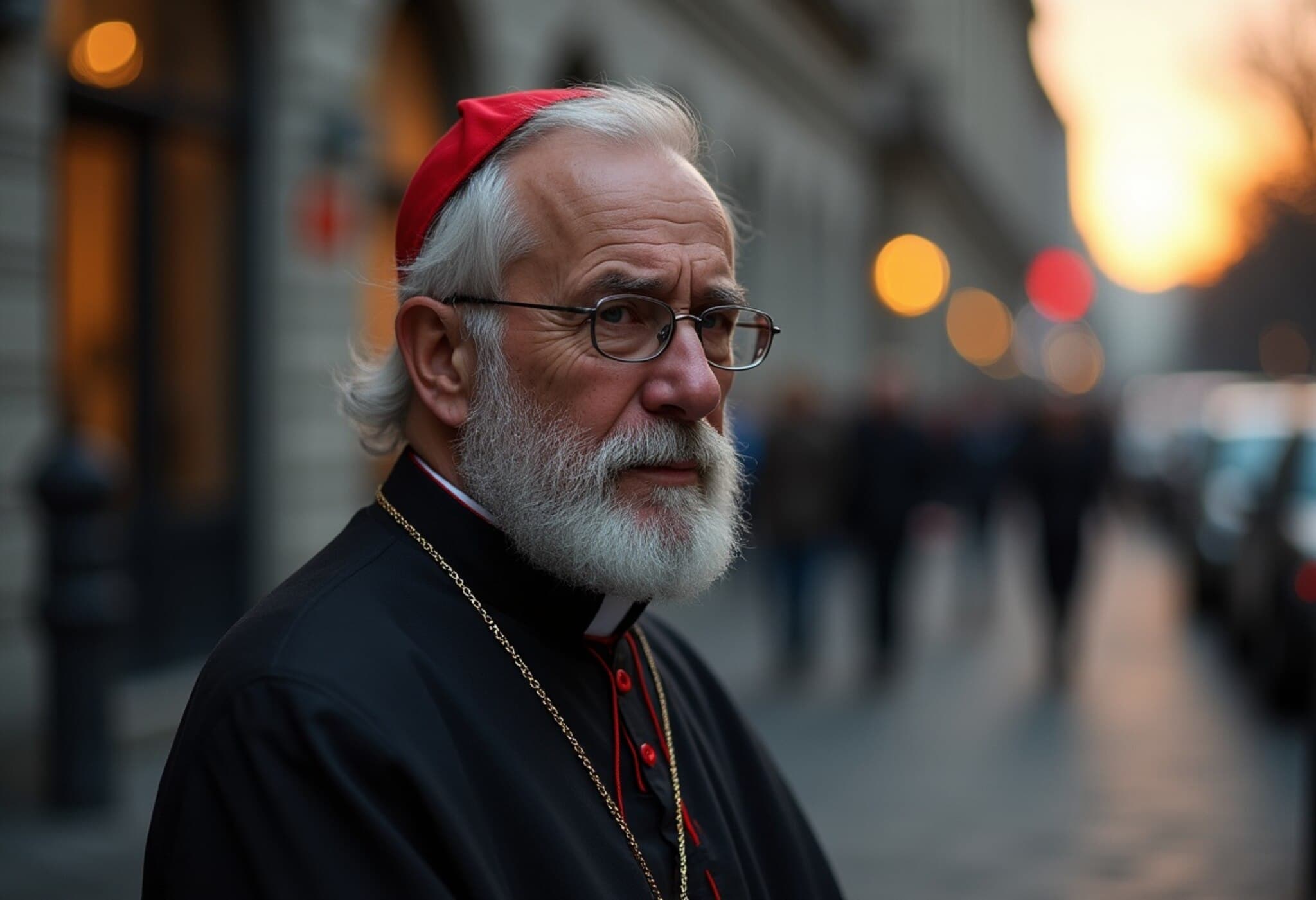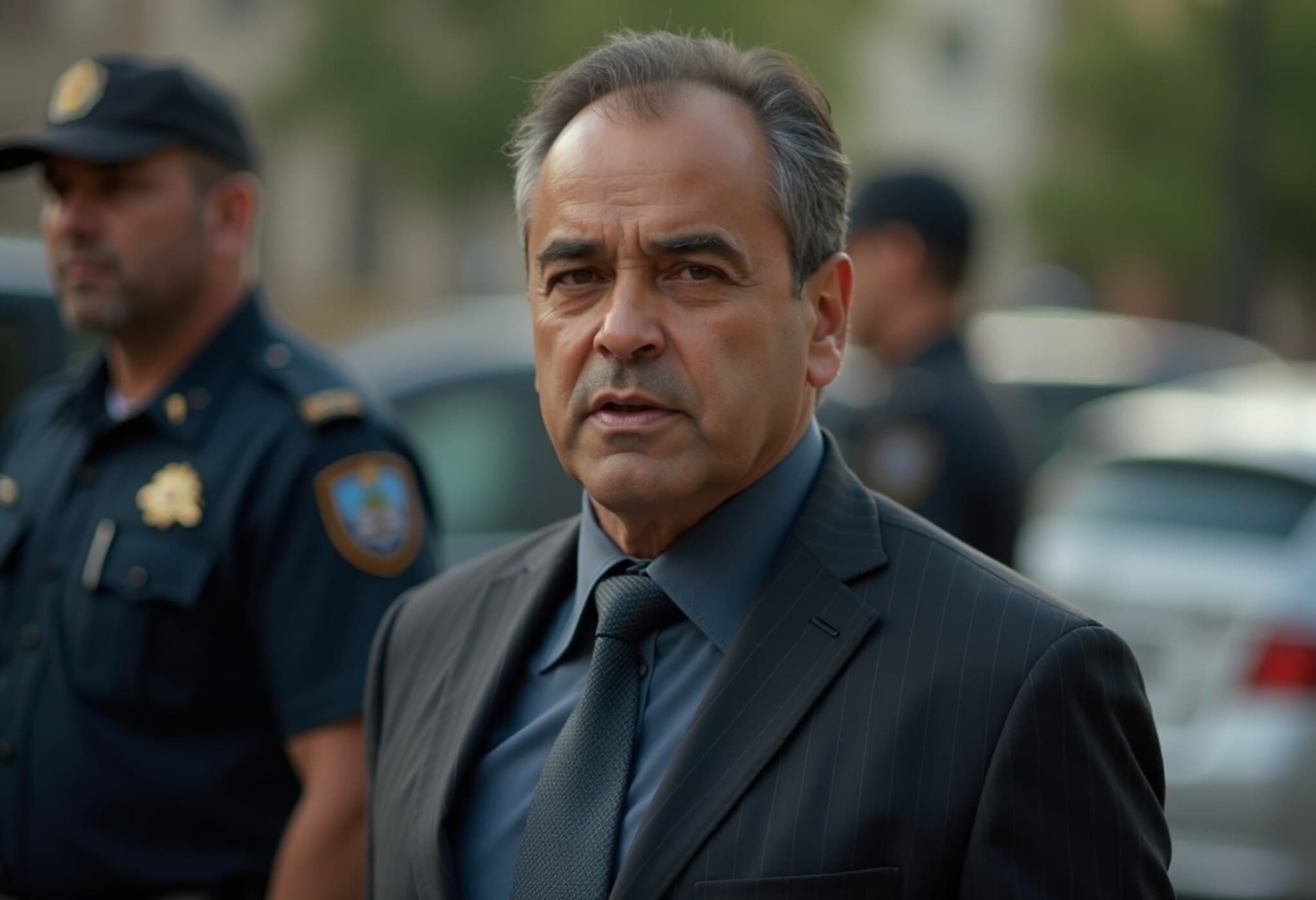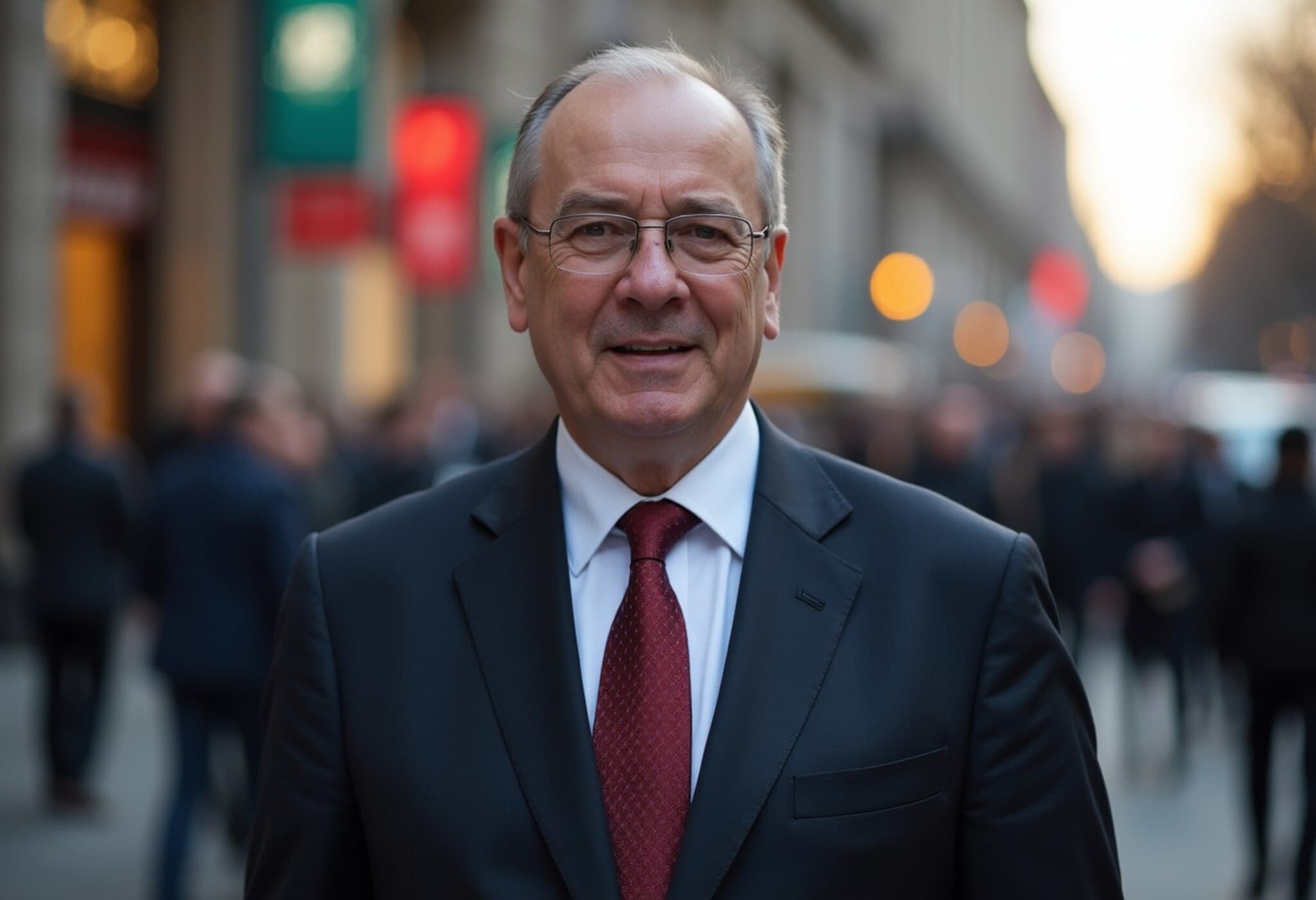Archbishop of Warsaw Calls for Defrocking After Heinous Crime
The Roman Catholic Church faces a grave crisis of faith and morality as the Archbishop of Warsaw, Adrian Galbas, has formally appealed to the Vatican to defrock a Polish priest accused of a horrendous murder. Mirosław M., a clergyman entrusted with spiritual guidance, now stands charged with the brutal killing of a 68-year-old homeless man, Anatol Cz., in an act described as shockingly cruel and violent.
Details of the Crime and Charges
Prosecutors have charged Mirosław M. with murder with particular cruelty, a grave legal accusation that may result in a prison sentence ranging from 15 years to life imprisonment. According to investigators, the violent episode unfolded late one Thursday evening inside a car where the two were present. What began as a discussion over a promise made by the priest—to care for Anatol for life—quickly escalated into a fatal argument surrounding the man’s future living arrangements.
Aneta Góźdź, spokesperson for the Radom District Prosecutor’s Office, explained the harrowing sequence: the priest struck Anatol with an axe, doused him in a flammable liquid, and then set him ablaze. After committing the crime, the priest fled the scene upon noticing a cyclist’s approach.
Civilian Witness and Emergency Response
The cyclist witnessed the horrifying scene and immediately alerted emergency services. The subsequent autopsy revealed that Anatol endured burns covering approximately 80% of his body alongside head trauma inflicted by a sharp, heavy object. These injuries correlate directly with the assault detailed by law enforcement and highlight the severity of the attack.
Church’s Reaction and Broader Implications
Archbishop Galbas has expressed profound shock and devastation over the incident. In a solemn statement, he urged the Catholic community to pray for the victim and his family, while also emphasizing the church’s full cooperation with the authorities. Moreover, he requested the Holy See to initiate formal proceedings to strip Mirosław M. of his clerical duties, an action known as defrocking, which effectively removes a priest's status within the church and is the gravest sanction under canon law.
At present, the Vatican has yet to issue an official response, but the move to defrock reflects a growing intolerance within religious institutions toward members implicated in serious crimes, especially those that betray their spiritual vows.
Expert Perspective: Legal and Ethical Dimensions
From a legal standpoint, this case raises important questions about the accountability of religious figures under secular law. While defrocking is a powerful ecclesiastical penalty, it does not shield the accused from criminal prosecution or civil liability. This intersection between church discipline and state justice emphasizes how legal systems can and must uphold justice regardless of an individual’s societal role or status.
Ethically, this incident exposes the vulnerability of marginalized populations, such as the homeless, who depend on trust and goodwill but may face betrayal by those meant to protect them. The societal shock is compounded when the perpetrator is a religious leader, calling for a deeper conversation about institutional oversight and moral responsibility within faith communities.
Looking Ahead: Questions Raised
- How will the Catholic Church navigate the tension between internal disciplinary measures and public accountability in this case?
- What safeguards can be implemented to better protect vulnerable individuals relying on church assistance?
- What impact might this case have on the public’s trust in religious institutions in Poland and beyond?
Editor’s Note
This tragic case highlights the complex interplay of faith, violence, and law in modern society. While the church seeks to preserve its moral integrity through defrocking, the broader justice system must ensure that no individual is above the law. Readers are invited to reflect on the difficult questions raised and consider how communities and institutions can better safeguard the vulnerable and maintain accountability.














